As consumers demand more portability and convenience, one question becomes increasingly relevant for toothbrush manufacturers: Can a device equipped with a high endurance motor realistically provide long battery life—say, up to 90 days—on a single charge? This is not just a user expectation; it’s a critical design benchmark in today’s competitive oral care market. In this article, we’ll break down the core engineering principles, the role of motor design, and battery efficiency to answer this question.
A high endurance motor is engineered to deliver consistent torque and vibration output while minimizing energy loss. Unlike standard motors, high-endurance models use:
These features reduce internal stress and heat generation, allowing the motor to operate at optimal performance without drawing excessive power. The result? Smoother brushing, lower wear, and longer device longevity.
To evaluate whether a high endurance motor contributes to long battery life, we must analyze its energy draw relative to battery capacity. High-quality motors are designed to:
If the motor maintains a power draw of under 1W/hour and the toothbrush uses a 1200mAh lithium battery, 90 days of use (twice daily for 2 minutes) is a feasible target.
Battery endurance is also influenced by the brush’s overall power management strategy. Advanced designs use:
These components reduce unnecessary power drainage and extend standby time, allowing the long battery life claim to stand even with high-output motors.
While some brands advertise “90-day battery life,” real-world usage depends on user behavior:
That’s why pairing a high endurance motor with intelligent usage tracking (via Bluetooth apps, for instance) can help calibrate expectations and improve user satisfaction.
For OEMs developing high-performance toothbrushes, the key is integration. The motor, PCB, and battery must be calibrated as a system. Considerations include:
Providing lab-verified data to back long battery life claims strengthens trust with B2B buyers.
To support the 90-day claim, manufacturers should invest in endurance testing protocols such as:
Results from these tests can be included in product datasheets, helping B2B clients communicate confidence to their end users.
In conclusion, a high endurance motor can indeed support long battery life—even up to 90 days—if the system around it is optimized for efficiency. From battery capacity and motor design to power management software, every detail counts. For OEM and ODM partners in the personal care sector, the next generation of smart toothbrushes will be defined not just by brushing power, but by how long that power can last. Contact us
-300x300.jpg)
-300x300.jpg)
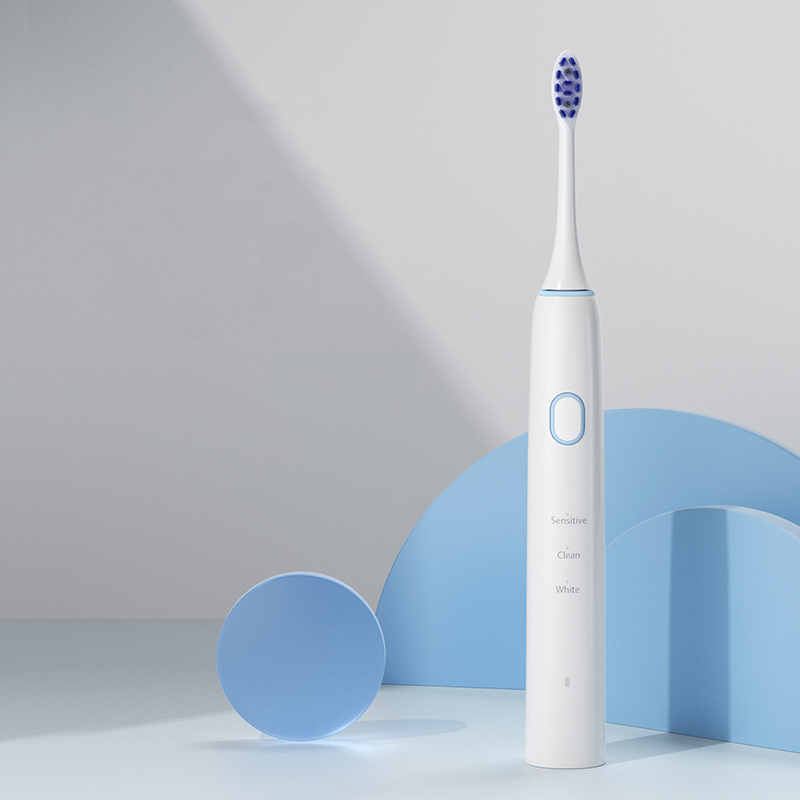
Why Choose Powsmart as Your Electric Toothbrush OEM Partner?

Do V-Shaped Heads Clean Braces Better?
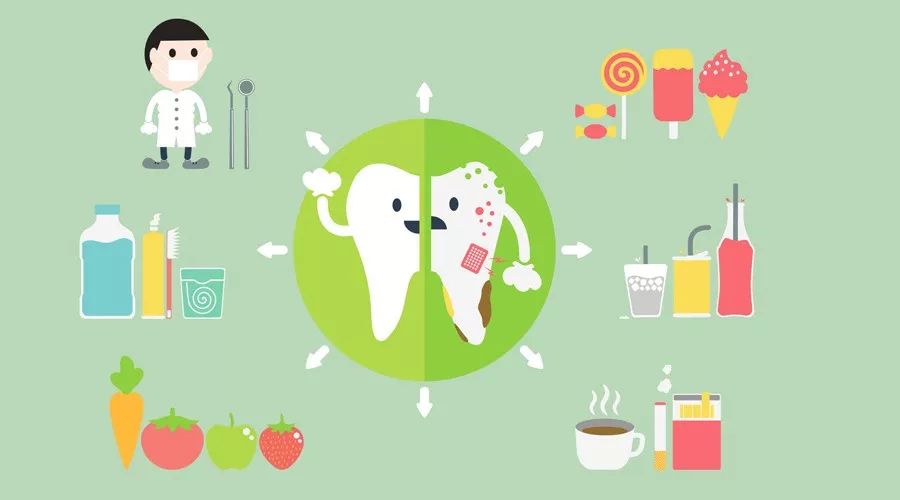
How Can I Disinfect Electric Toothbrush Head? BPA-Free & Hygienic Options

Brushing Blindly? Smart Dental Coach + Pressure Sensor Tech Reveals Hidden Plaque!

sonic electric toothbrush San Jose

Is an Under 50dB Brush Quiet Enough as an Apartment Living Toothbrush?
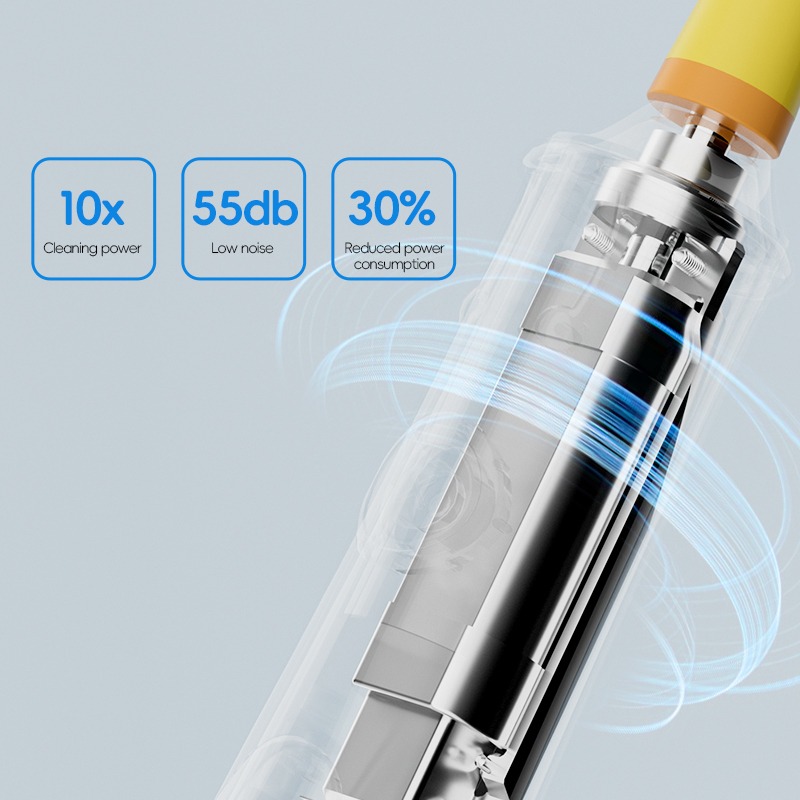
How Does This Quiet Electric Toothbrush Score in Noise Comparison Test?
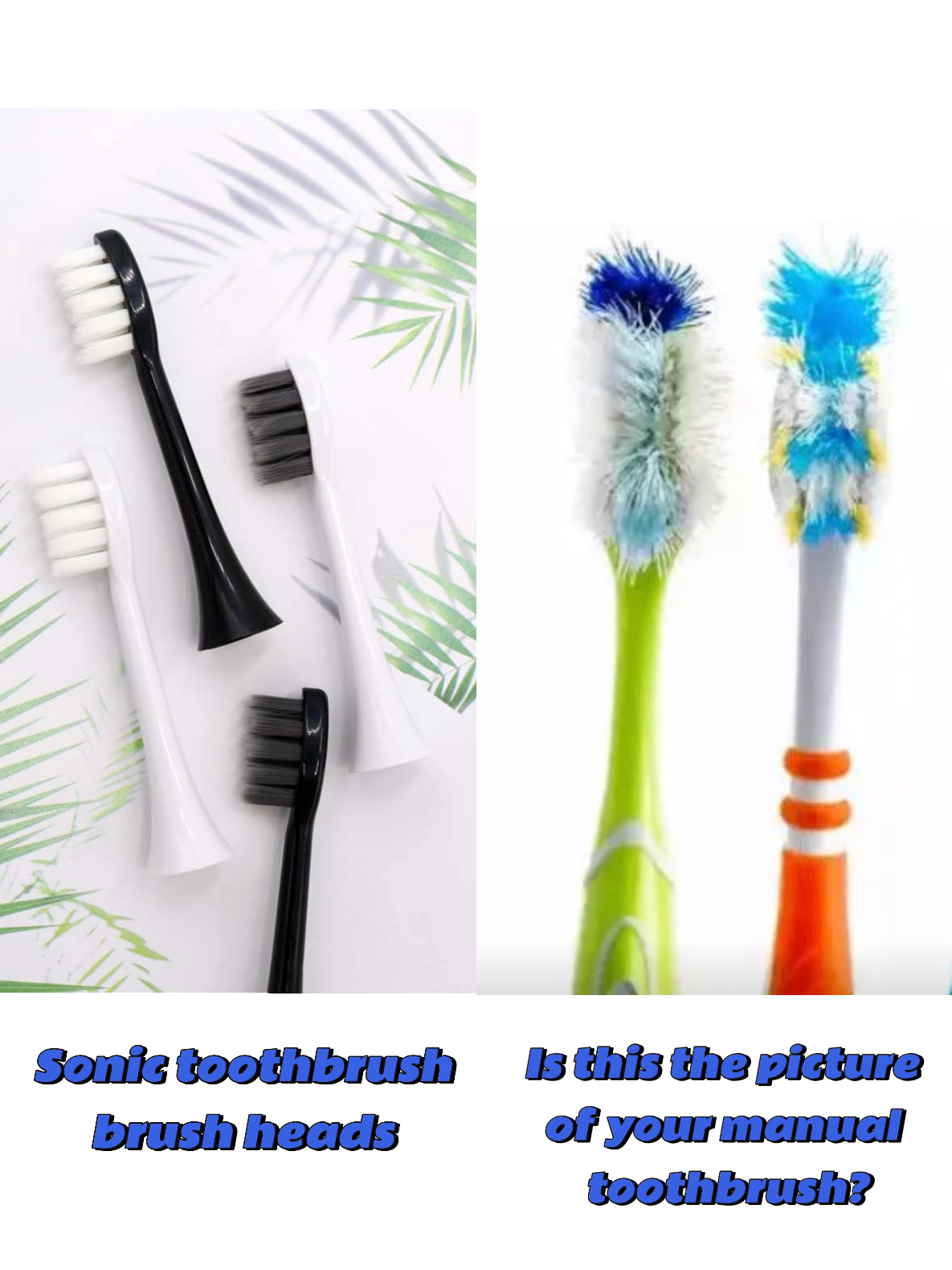
See How Powsmart’s Real-Time Brushing Data for Kids Works via Your Phone!
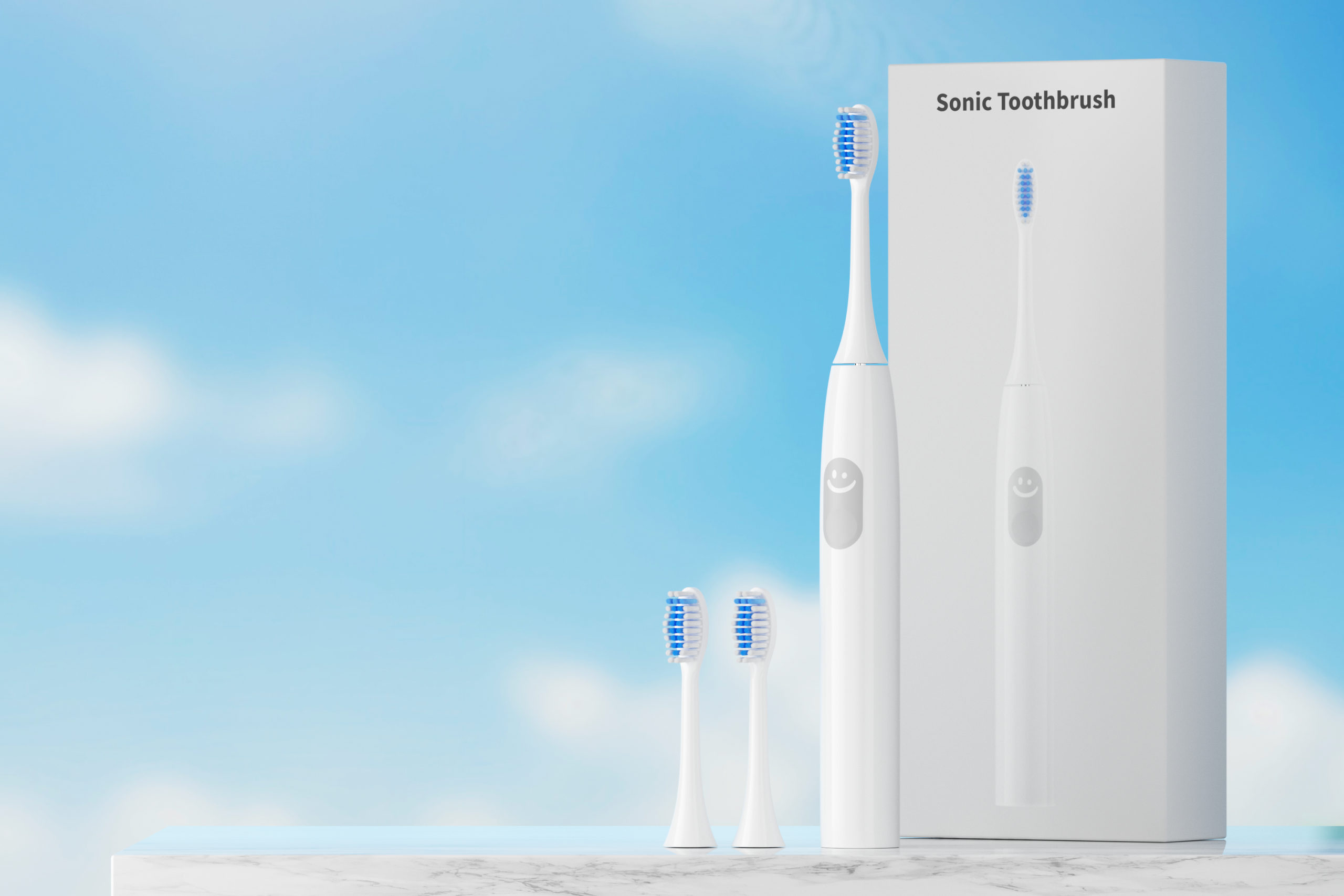
Custom Electric Toothbrush Packaging – Retail & Wholesale Options

What’s the Best Brush for Braces cleaning?

Electric Toothbrush for Gum Recession – Soft Bristles & Pressure Control

Can Sonic Brushes Polish Without Damage?

USB-C Rechargeable Brush Dying on Trips? Portable Toothbrush Case Saves Your Smile!
.jpg)
Electric Toothbrush Noise Level Test: Powsmart vs. Philips & Oral-B
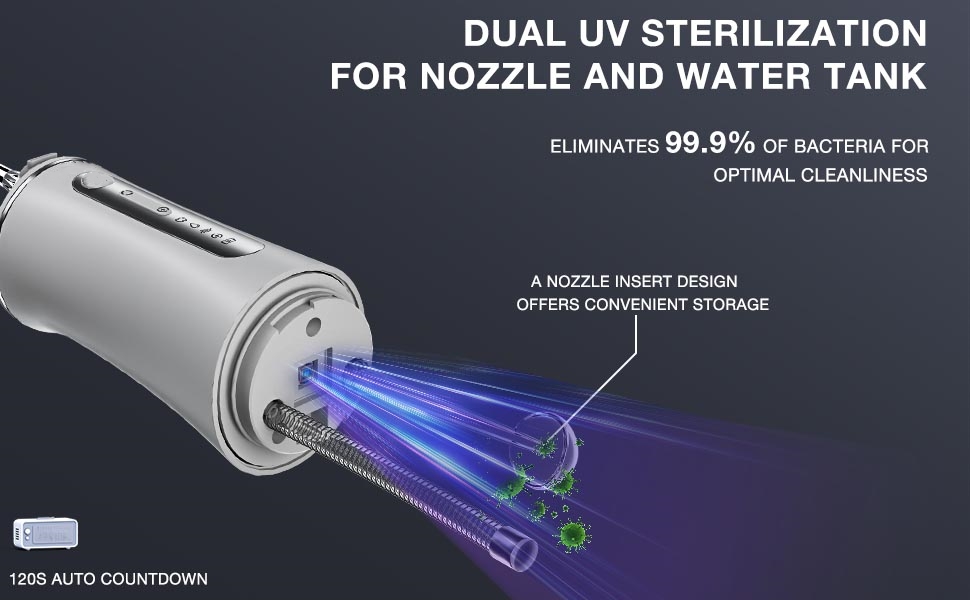
Does UV Sanitizer Compatible Tech Keep Clean Brush Heads Germ-Free?

When Should Brush Head Replacement Pair with Sanitize Toothbrush Head Routines?
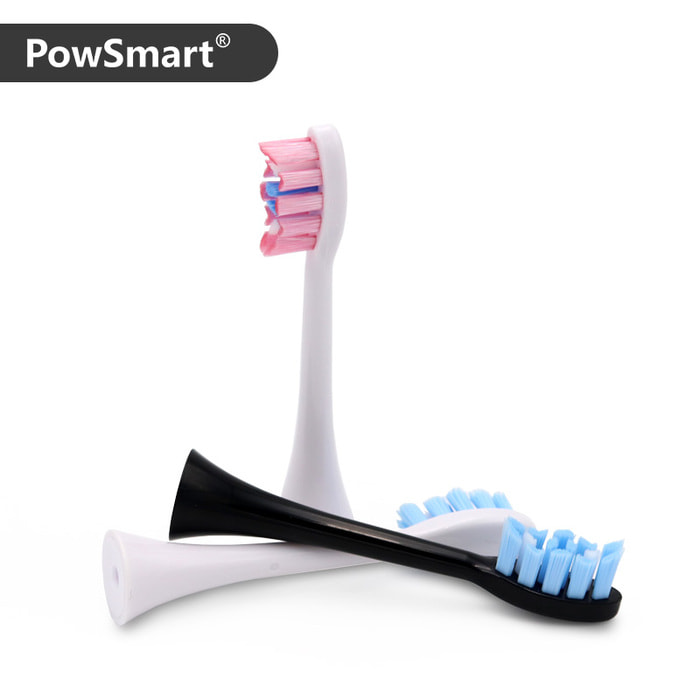
electric toothbrush heads Deep Clean
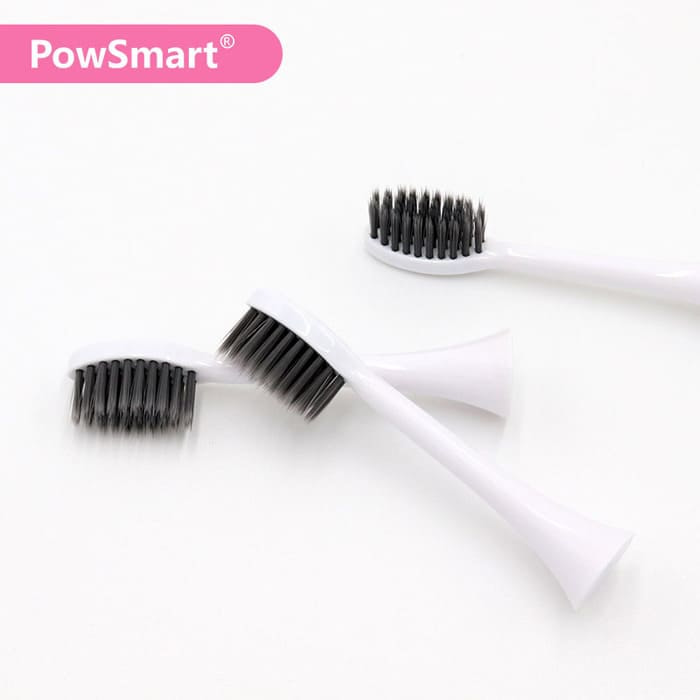
electric toothbrush heads Charcoal Infuse-Round
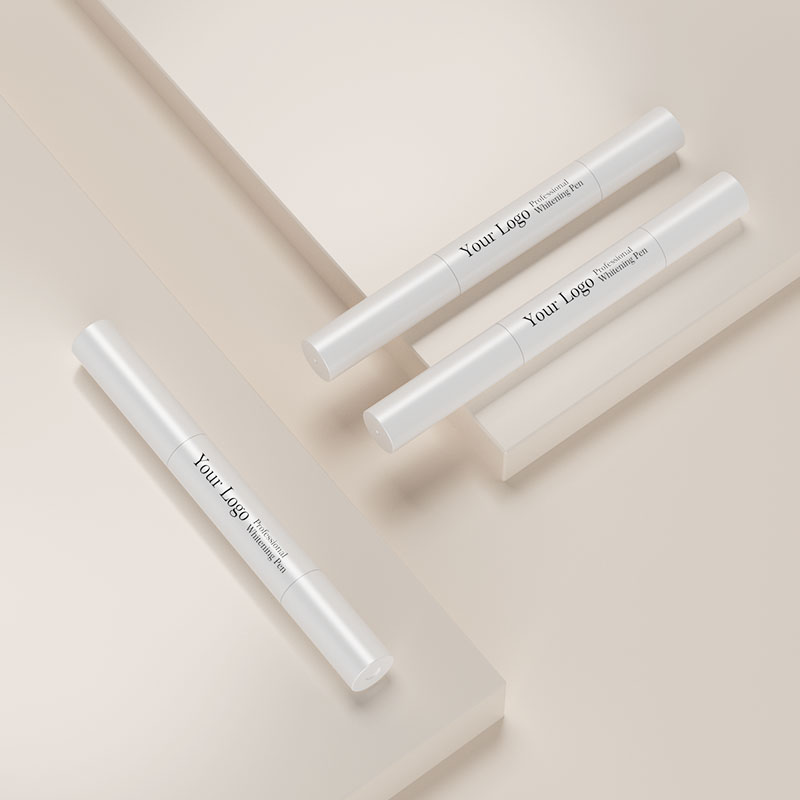
Customization Teeth Whitening Gel
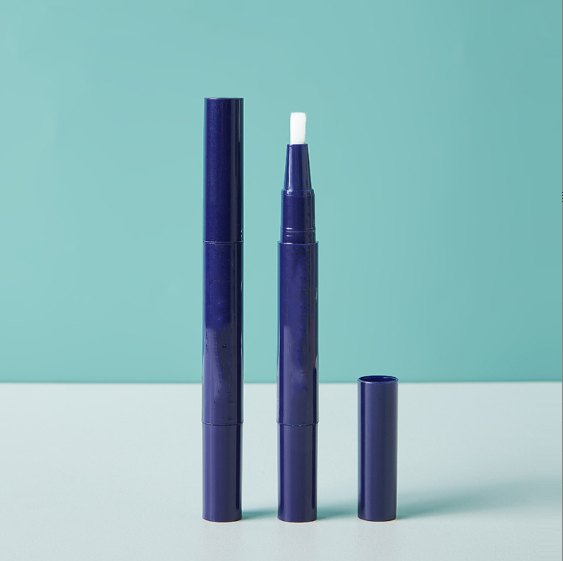
Private Label Whitening Gel
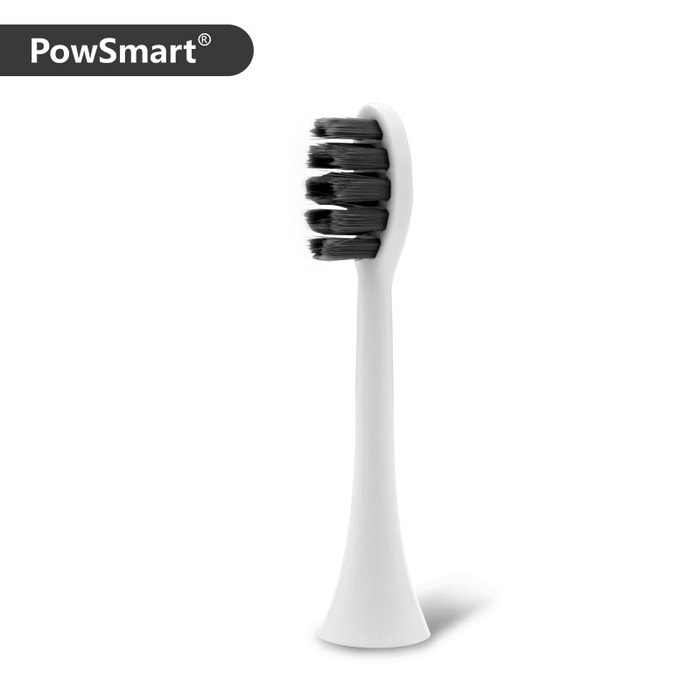
Electric toothbrush heads Charcoal Infused-Diamond
.jpg)
Florida Electric Toothbrush – Powsmart PTR-C8
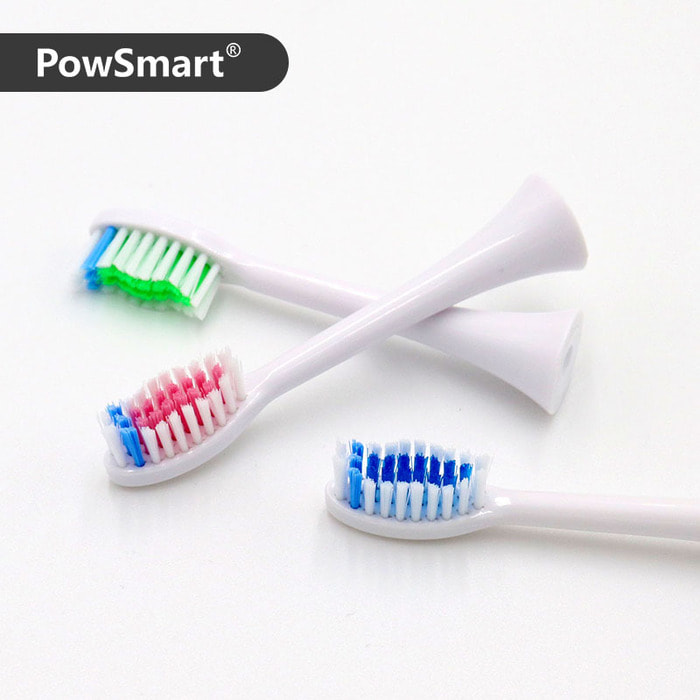
electric toothbrush heads Regular Clean
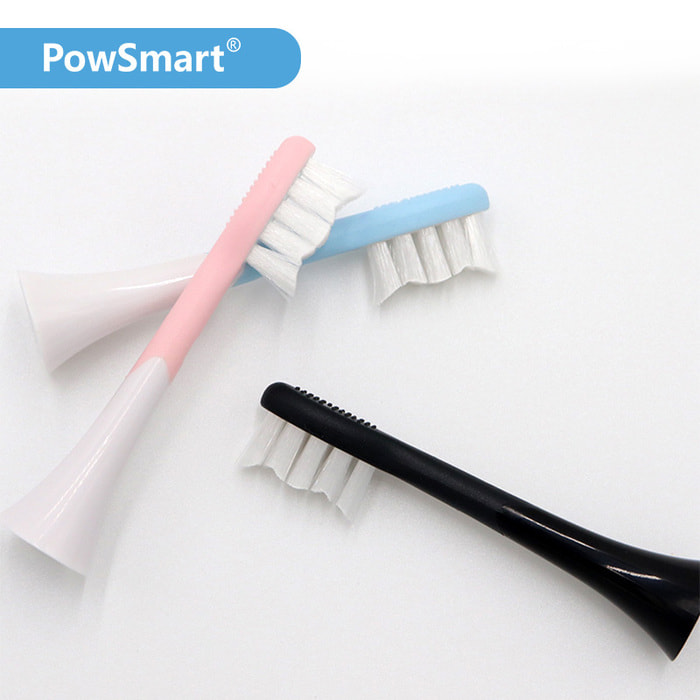
electric toothbrush heads Ultra Soft
whstapp
whstapp
National Toll-Free Service Hotline
+86 755 86238638